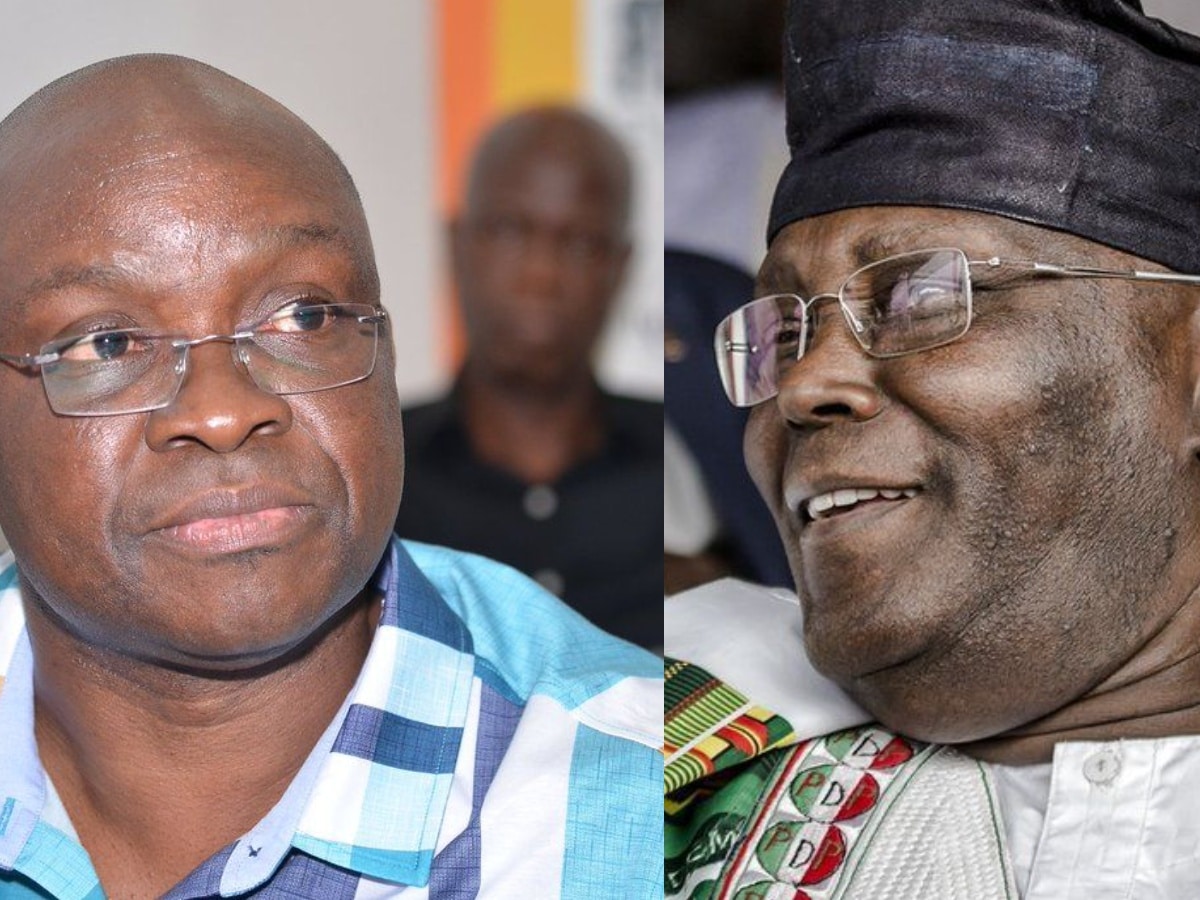Place your adverts here on InfoDig @ low rates; banner ads, sponsored links and guest articles etc. Contact us
The presidency has explained that Nigeria was not snubbed at the UN Human Rights Council when 18 members were elected into the council for the 2025-2027 term.
A statement on Sunday by the Special Adviser to the President on Information and Strategy, Bayo Onanuga clarified that Nigeria did not stand for election and that the reported snub was untrue.
The clarification came against the backdrop of reports that Nigeria was defeated during the election while smaller countries such as Benin, Gambia, Kenya, DRC, and Ethiopia were voted in to represent the Africa region.
The members elected to the Council apart from Benin, Gambia, Kenya, DRC, and Ethiopia are Bolivia, Colombia, Cyprus, Czechia, Iceland, Marshall Islands, Mexico, North Macedonia, Qatar, Republic of Korea, Spain, Switzerland and Thailand.
The Council is an intergovernmental body within the UN system consisting of 47 States tasked with promoting and protecting human rights globally.
The election, conducted via secret ballot, determined which nations would fill three-year terms beginning on January 1, 2025, replacing members whose terms expire on December 31, 2024.
Among the outgoing members are Argentina, Benin, Cameroon, Eritrea, Finland, Gambia, Honduras, India, Kazakhstan, Lithuania, Luxembourg, Malaysia, Montenegro, Paraguay, Qatar, Somalia, United Arab Emirates and the United States.
Nigerians mocking the administration of President Bola Tinubu blamed the president’s poor human rights records especially his administration’s attacks on journalists, civil society organisations, social media critics for the defeat at the UN Human Rights Council elections.
The presidency explained that a report on the meeting published by the UN, Argentina, Cameroon, Eritrea, India and Somalia, which had served two consecutive terms, were ineligible for immediate re-election.
Also, Albania, Algeria, Brazil, China, Ghana, Japan, and South Africa will continue serving on the Council, the presidency said.
Concerning Nigeria, the presidency said there was no competition in the African regional group, as the continent fielded the same number of candidates as available seats.
The statement said “contrary to information circulating, Nigeria was not snubbed in this election, as some reports have falsely claimed.
“The country did not stand as a candidate for this cycle of elections, just like it did not stand for election in 2023 when a Nigerian medium sensationally reported that the country earned three votes,” Onanuga stated in the statement.
Onanuga further argued that the “same lie was rehashed in the erroneous report in circulation. Again, we restate that Nigeria was not on the ballot in the election held on 9 October.”
Whatever vote was recorded for Nigeria, he said “must have been cast in error in the secret balloting by some countries which thought Nigeria was on the ballot.”
He said “for those conversant with elections into international organisations, especially to prestigious bodies like the Human Rights Council, countries vying for positions usually receive regional endorsements.”
The regional bloc, he emphasised “endorsed Benin and Gambia, both members of ECOWAS, for the 2025-2027 term.
“Given Nigeria’s continued leadership in fostering African unity, the nation focused on supporting the endorsed candidates to promote collective African representation.
“This has been the hallmark of President Bola Tinubu’s leadership on the continent. This strategic approach aligns with Nigeria’s long-standing diplomatic efforts to ensure Africa speaks with a united voice on the global stage.”
He said “as Nigerians, we should not be quick to disparage or drag our country, especially on international matters.”







)








 English (US) ·
English (US) ·